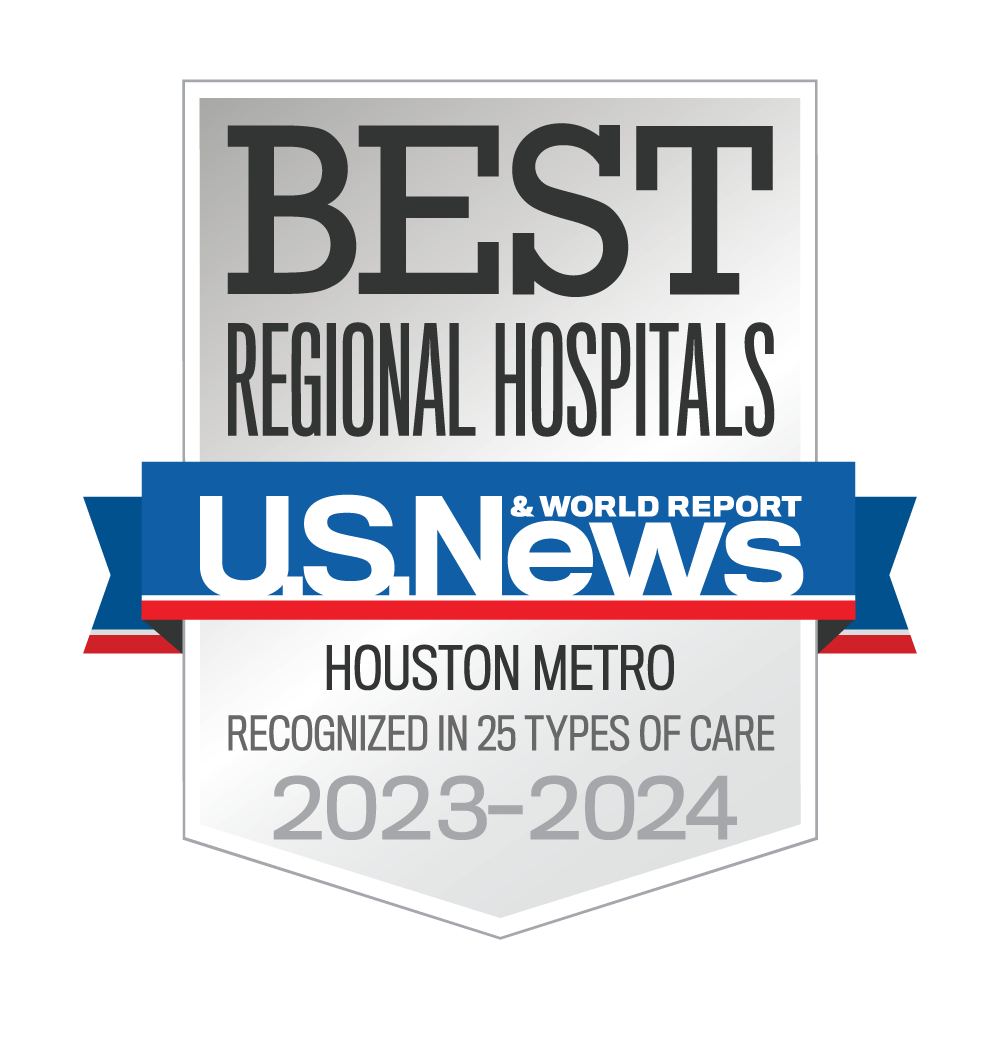
Magnetic Resonance Imaging (MRI)
Magnetic Resonance Imaging, or MRI, is a safe, advanced technique that allows the medical professionals to see high-resolution, highly detailed images of organs and tissues. Baylor St. Luke’s Medical Center Diagnostic and Therapeutic Radiology consists of a 1.5T and a 3T magnet located in the O’Quinn Medical Towers and two 1.5T magnets as well as our newest 3T located at Baylor St. Luke’s Medical Center. Baylor St. Luke’s is one of two facilities in the country to have the Philips Ingenia 3T which is the first-ever digital broad band MR scanner. The Ingenia generates a magnetic field that is exceptionally detailed, which expands stroke imaging and neuro-functional capabilities. We are proud to be a leader in the imaging industry by offering this advanced technology.
MRI uses a powerful magnetic field, radio frequency pulses and a computer to produce detailed pictures of organs, soft tissues, bone and virtually all other internal body structures. Small devices, called coils, may be placed around the area being studied. These devices help send and receive the radio waves, and improve the quality of the images.
Since they use magnetic fields instead of X-Rays, MRIs do not expose patients to radiation and can be used repeatedly.
In addition to a closed MRI, Baylor St. Luke's is taking imaging to new heights offering Houston's first site for a new panoramic, wide-open, high-field MRI.
MRI technology has progressed significantly in recent years, enhancing the radiologist ability to diagnose and treat a range of conditions and, as a result, improve patient outcomes as well. These conditions include:
- Stroke
- Tumors
- Eye problems
- Bone and joint damage
- Breast cancer
- Inner ear abnormalities
- Pituitary gland disease
- Blood vessel narrowing or blockage
- Cardiac abnormalities
- Disease of the spine or spinal cord.
- Uterine fibroids
What to Expect During an MRI
Patients are placed in an MRI scanner, which is typically a large circular shaped magnet that is open at both ends to allow a steady flow of controlled fresh air to keep you comfortable. The length of the procedure itself can vary, depending on the area being scanned; 30 minutes to an hour is common.
An MRI can make loud tapping or knocking noises during the procedure. We provide you with earplugs or headphones with music to minimize the noise and make you more comfortable. You can also communicate through an intercom to the MRI technologist, who will be closely monitoring you throughout the procedure.
Since any kind of movement will interfere with the MRI, it is critical that you stay as still as possible. We realize this can be hard for some patients; we will work with you to make you as comfortable as possible. If someone is claustrophobic we can provide a mild sedative to make the process less stressful as long as you have a driver present with you.
For some MRI studies, a contrast material called gadolinium may be injected into a vein to help enhance the images. Unlike contrast agents used with CT scans and X-Rays, this does not contain iodine and therefore rarely causes allergic reactions or other problems.
MRI Safety Screening
At Baylor St. Luke's Medical Center, we are very careful with our MRI safety screening process. There will be a safety form that needs to be completed prior to the MRI exam and will be reviewed with you by the technologist.
Before your MRI exam, remove all accessories including hair pins, jewelry, eyeglasses, hearing aids, wigs and dentures. Metal/foreign objects may interfere with the magnetic field, affecting the quality of the MRI images taken.
Notify your technologist if you have:
- Aneurysm clips
- Neurostimulators
- Any prosthetic joints – hip, knee
- A heart pacemaker (or artificial heart valve), defibrillator, or artificial heart value
- An intrauterine device (IUD)
- Any metal plates, pins, screws, or surgical staples in your body
- Tattoos and permanent make-up
- A bullet or shrapnel in your body, or ever worked with metal
- If you might be pregnant or suspect you may be pregnant
MRI technologists are registered with the ARRT and licensed with the state of Texas. All technologists participate in continuing education annually to fulfill their licensure credentialing requirement. The MRI department has a full time physicist and MRI specialist to ensure MRI protocols are updated and maintained for the highest quality of imaging while providing a safe environment for our patients and their families.
St. Luke’s Women’s Center is first in Southeast Texas to be Accredited in Breast MRI Imaging by the American College of Radiology.
Baylor St. Luke’s Medical Center Diagnostic and Therapeutic Radiology Department is proud to be the premier provider of Imaging and Interventional procedures for the world renowned Cooley Transplant Center and the Center for Liver Disease at Baylor St. Luke's Medical Center.
Find a Doctor
Looking for a doctor? Perform a quick search by name or browse by specialty.


